Former South African President Jacob Zuma, a controversial but still influential figure, continues to shake up the country’s political scene. As the African National Congress (ANC) prepares to hold a disciplinary hearing that could lead to his expulsion, Zuma’s impact on recent elections raises questions about South Africa’s political future.
The newly created MK party, led by Zuma, surprised many observers by winning 14% of the votes in the May 29 elections. This unexpected result contributed to the ANC’s historic loss of its parliamentary majority for the first time since the end of apartheid in 1994.
This electoral upheaval demonstrates Zuma’s persistent ability to mobilize significant support, despite the numerous controversies and legal proceedings surrounding him. His popularity, particularly in certain regions of the country, seems to withstand allegations of corruption and his 2021 conviction for contempt of court.
For the ANC, long dominant in South African politics, the emergence of MK represents a major challenge. The party now faces the need to reinvent itself and address the concerns of voters who have turned to Zuma and his new party.
The formation of a multi-party coalition government, a first in the country’s post-apartheid history, marks a significant turning point in South African politics. This new political landscape could potentially lead to greater diversity of opinions and policies, but also to challenges in terms of governance and stability.
As Parliament prepares to open a new legislature, the influence of Zuma and MK as the country’s third political force remains to be seen. Their refusal to join the government coalition and their positioning as the official opposition could lead to unprecedented parliamentary dynamics.
Zuma’s disciplinary hearing by the ANC, whether or not it results in his expulsion, symbolizes the end of an era. It marks the definitive break between the former president and the party he once led, while highlighting the challenges the ANC faces in maintaining its unity and relevance in a South Africa undergoing political transformation. R.I








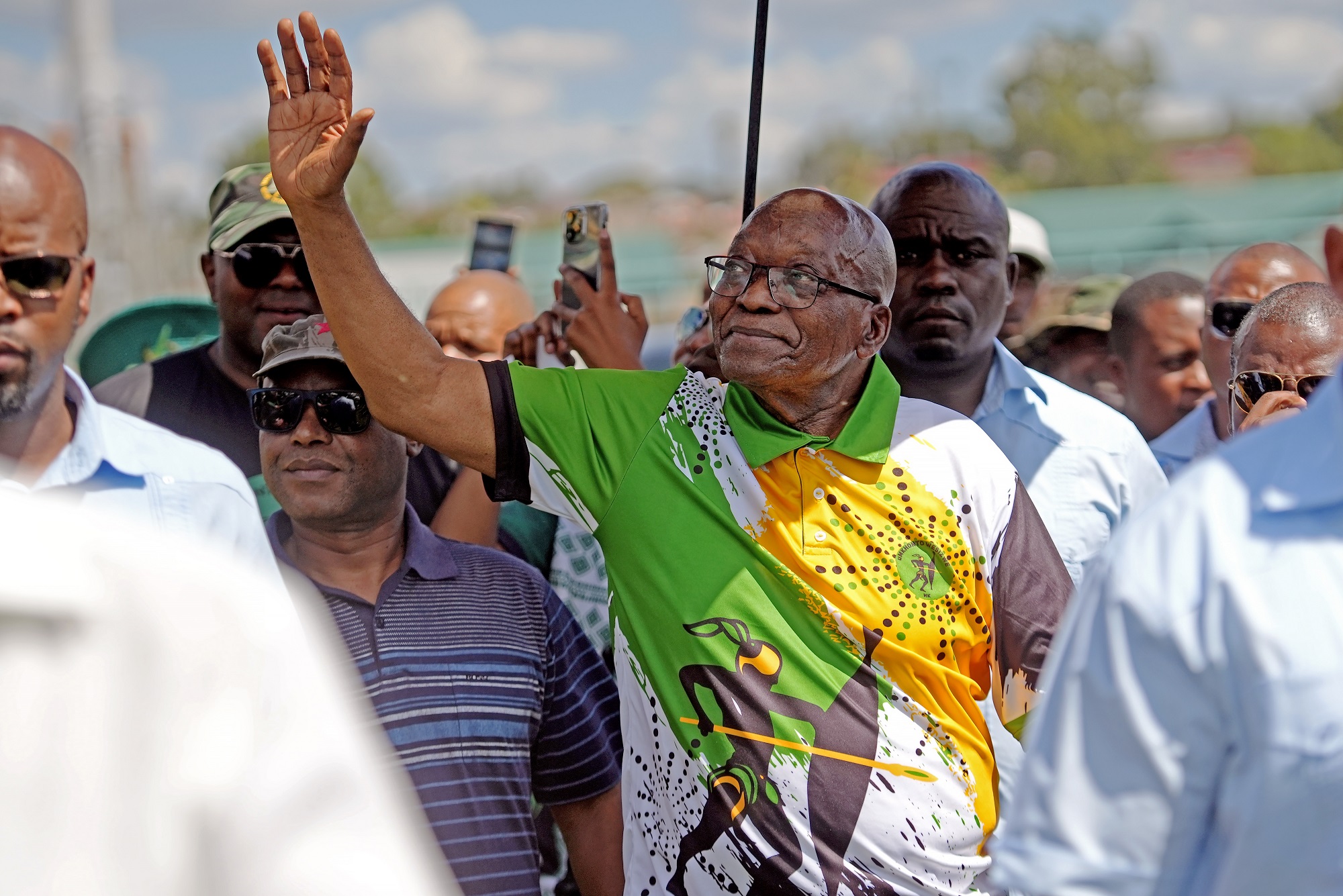


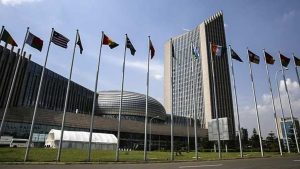
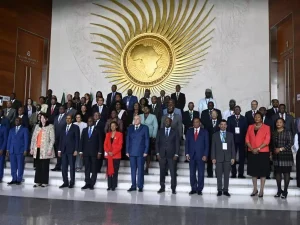
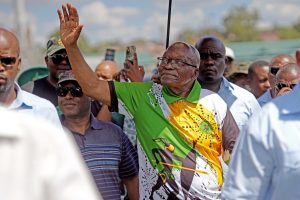
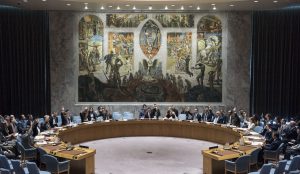
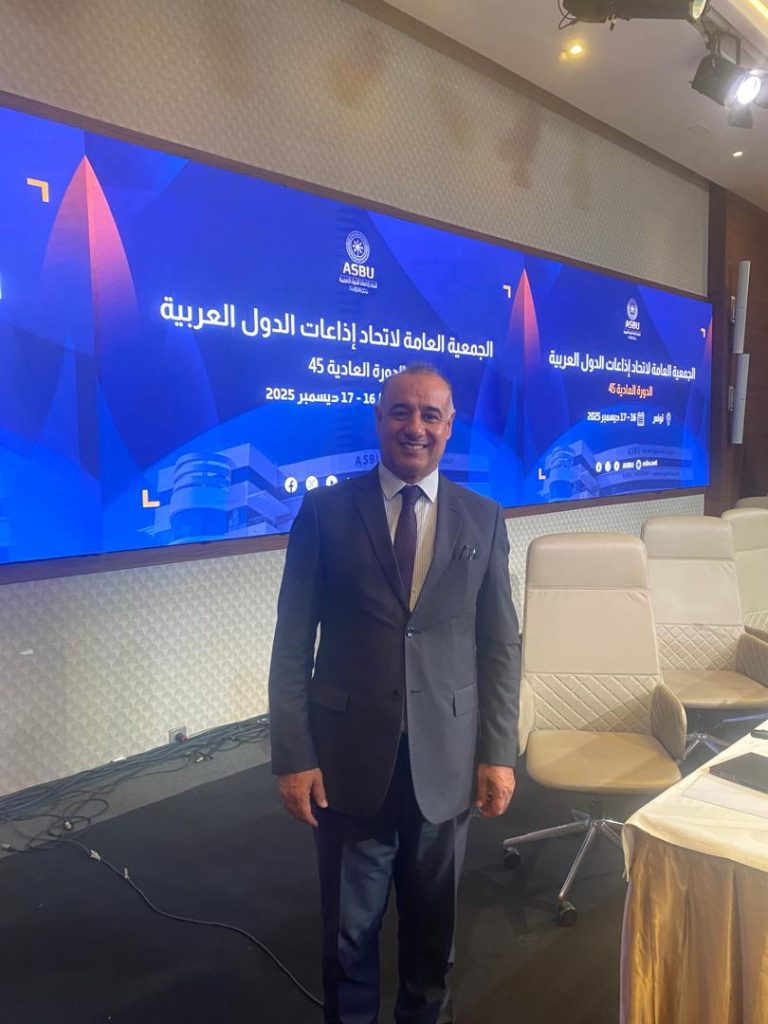

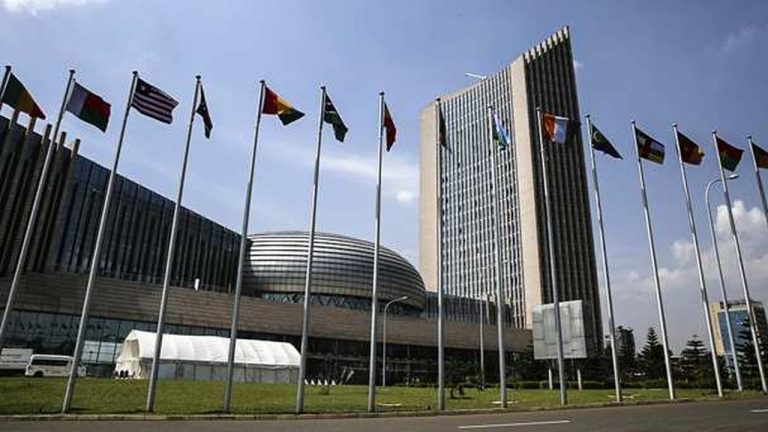
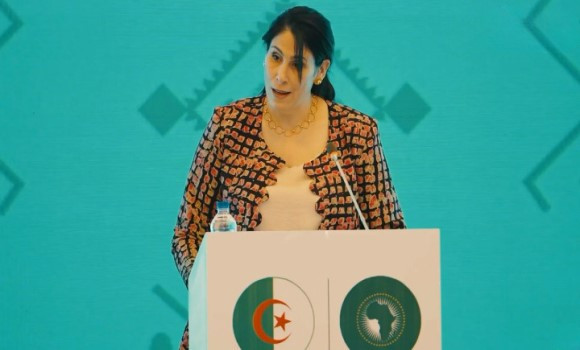
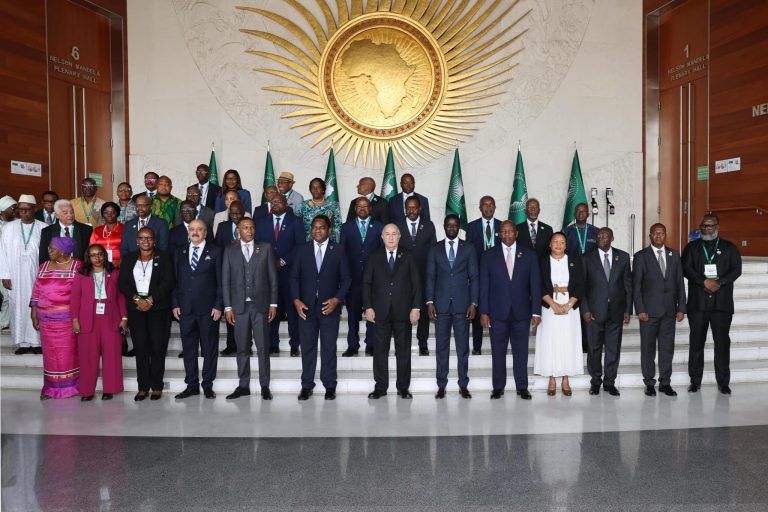
+ There are no comments
Add yours